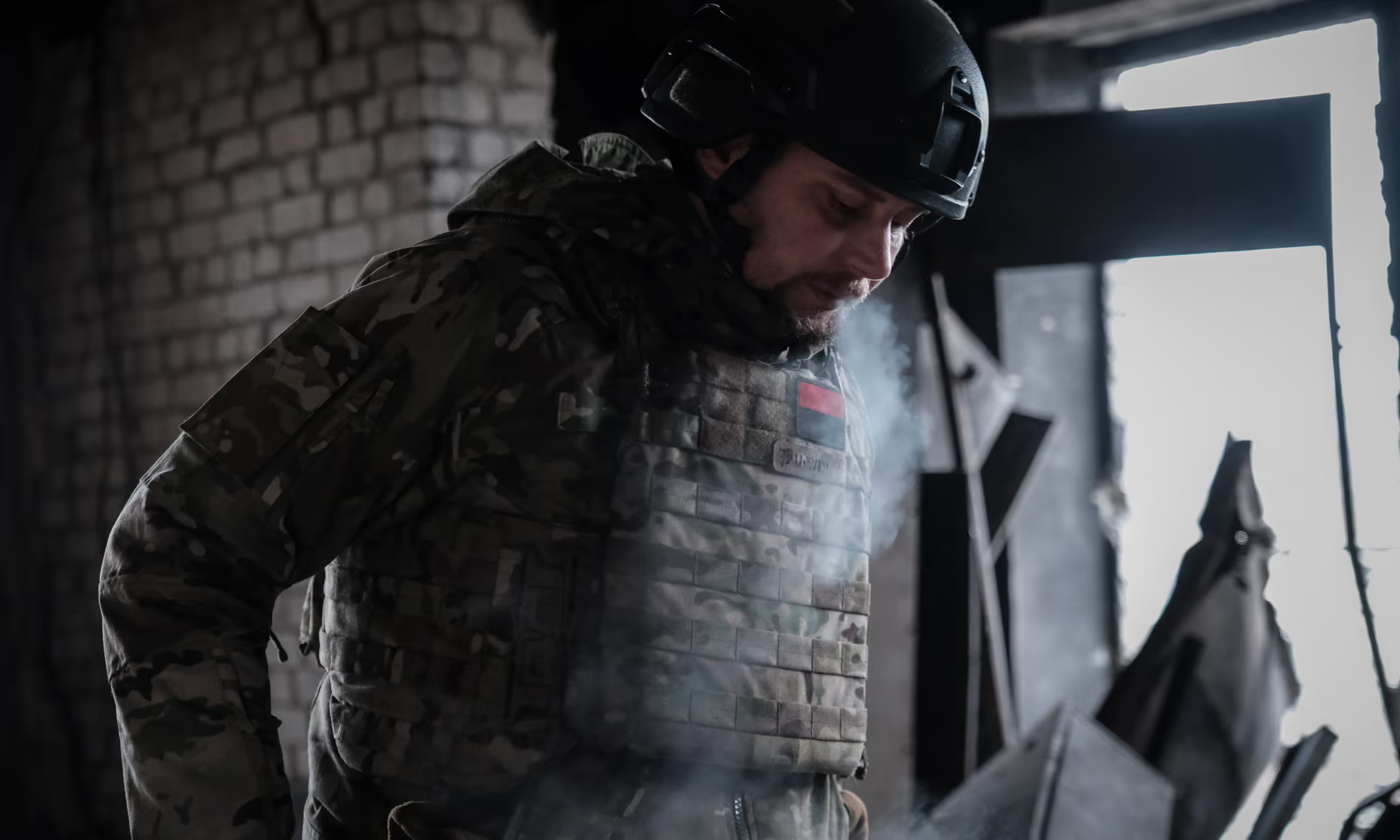The EU Institute for Security Studies and the Robert Schuman Centre at the European University Institute in Florence have published their 2025 report on global risks to the EU this morning. And it does not make for pretty reading.
The report, compiled by the EUI’s Veronica Anghel based on submissions from foreign policy experts across Europe, says that a ceasefire in Ukraine that would be favourable to Russia remains “the highest risk” to the bloc, given Ukraine role “as a critical shield for EU interest.”
The experts also warned that US isolationism “is as dangerous for Europe as a Russian nuclear strike,” with the latter seen as “the least likely risk,” despite worries about “new Russian military action in non-Nato neighbouring states.”
(Anghel jokingly admitted that experts failed to foresee the Greenland crisis.)
The study also raised alarm about “the risk of a disruptive cyber-attack on EU infrastructure,” classified as one of the top threats. “Variations in infrastructure resilience and cybercrime awareness across member states are likely to challenge EU policy coherent,” it said.
It also made a pointed comment on “the risk of subsea sabotage … growing, prompting Baltic states to take increasingly assertive measures to protect subsea infrastructure.”
On migration, the report warned against “large-scale irregular migration from the Middle East and north Africa and sub-Saharan Africa to the EU,” with a separate warning that this topic “has been instrumentalised by far-right forces to fragment EU politics.”
Responding to the report, Nato’s director of policy planning, Benedetta Berti, said this:
This really exemplifies, to me, what has been our dominant strategic assumption for the past few years, which is we are in the most complex, volatile and dangerous security environment that we have seen as transatlantic community, as Europeans, in the few generations.
… This is, in a nutshell, what we’ve been saying for since 2022 … which is, we’re not at war, but we’re not at peace [either]. This is not a peacetime threat assessment.

